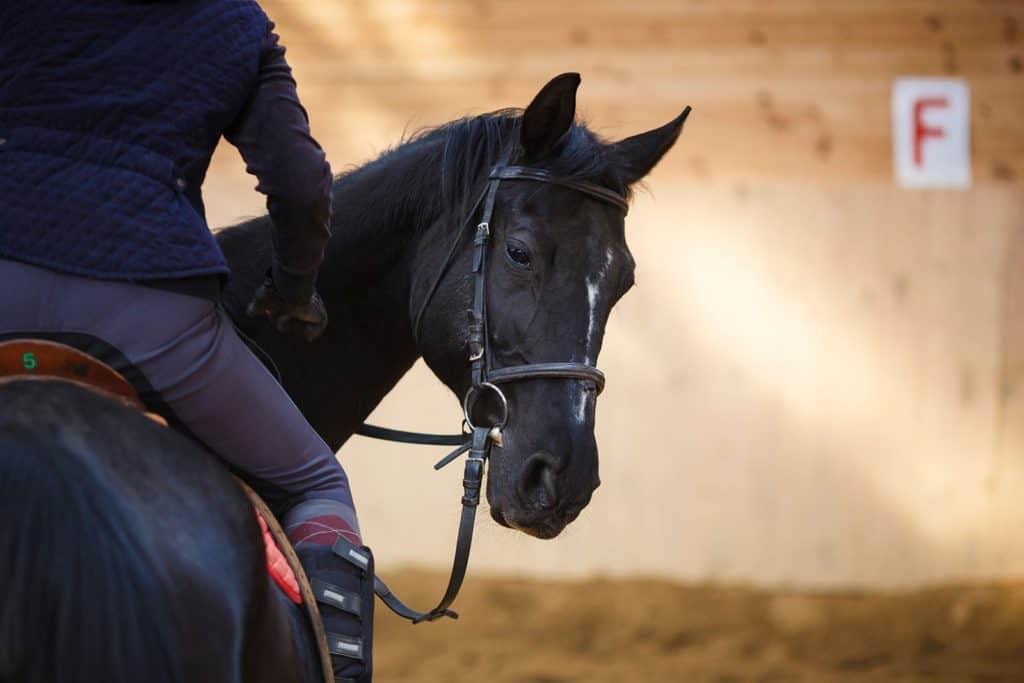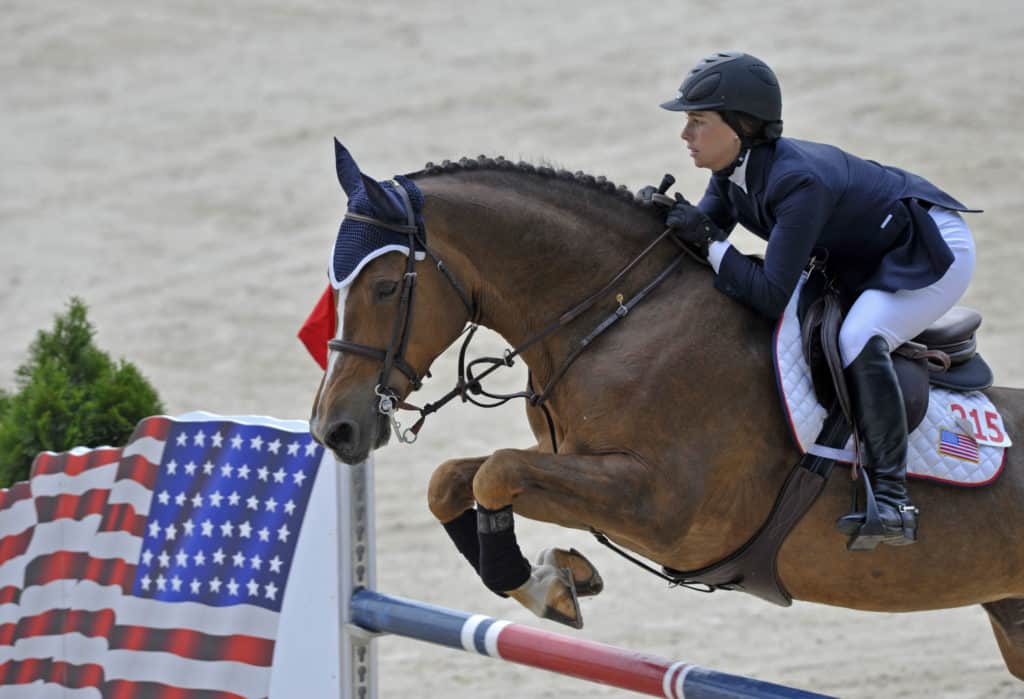
Study: Lavender Can Lead to Calmer Horses
Researchers found significant signs of stress reduction when horses inhaled lavender essential oil from a diffuser compared to water vapor and chamomile.

Researchers found significant signs of stress reduction when horses inhaled lavender essential oil from a diffuser compared to water vapor and chamomile.
Learn about applying a lip twitch and the endorphin release that occurs during application.

What can I do to help my horse get over his fear of other horses coming toward him or passing him in the arena?

Horses don’t seem to be able to reason about object size the way we do. In other words, it might not occur to horses that their 1,200-pound frames can’t quite hide behind a 5-inch-wide tree trunk.

New evidence suggesting that horses produce more snorts in favorable situations could improve animal welfare practices, researchers say.

My stallion shows little or no signs of libido with my mare. He won’t even talk to her. What can I do?

The “bucket test” has its place but it can give significantly different results than an all-day field test of horses at pasture. That’s especially true for lower-ranking horses, researchers said.

Understanding how individual horses think and reason could help handlers be aware of their individual needs and strengths, researchers say.

An orthopedic surgeon is using clicker training to teach medical students surgical techniques. Learn more about clicker training and how it can help your horse learn, too.

This new cognitive bias test—a way to test an individual’s level of optimism—could help researchers better evaluate equine welfare, researchers said.

Scientists developed a portable testing system which uses infrared technology that can allow them to evaluate horses in their home stables without human intervention.

Researchers demonstrated for the first time that horses use humans’ facial expressions and vocal tones to perceive emotion.

Scientists are continuing to uncover which genes are responsible for certain traits in horses.

Our equine behavior expert offers advice for applying learning theory and treat-training horses under saddle.

More experienced riders held their eyes on a specific point more frequently than less experienced riders, who shifted their vision frequently to look at more things, researchers found.

A new wearable device allows scientists to take electroencephalogram (EEG) measurements from active, moving horses’ brains in real time, which could help us better understand how horses think and react, researchers said.
Stay on top of the most recent Horse Health news with
"*" indicates required fields